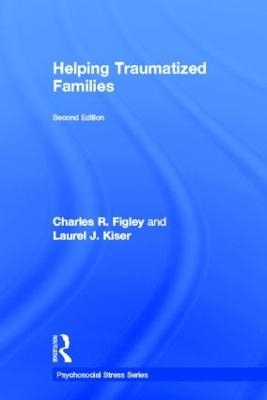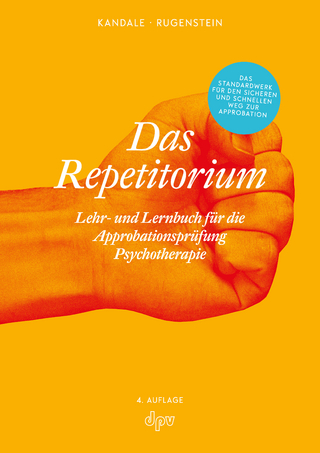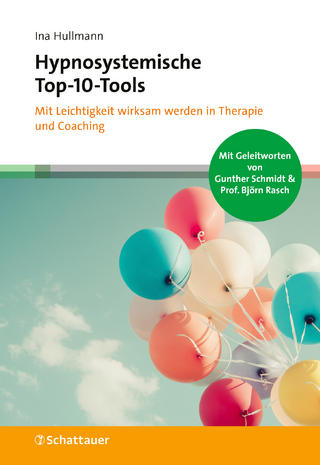
Helping Traumatized Families
Routledge (Verlag)
978-0-415-89445-6 (ISBN)
The new edition of the classic Helping Traumatized Families not only offers clinicians a unified, evidence-based theory of the systemic impact of traumatic stress—it also details a systematic approach to helping families heal by promoting their natural healing resources. Though the impact of trauma on a family can be growth producing, some families either struggle or fail to adapt successfully. Helping Traumatized Families guides practitioners around common pitfalls and toward a series of evidence-based strategies that they can use to help families feel empowered and ultimately to thrive by developing tools for enhancing resilience and self-regulation.
Charles R. Figley, PhD, is the Paul Henry Kurzweg Distinguished Chair at Tulane University. A former Marine sergeant who served early in the Vietnam War, he went on to help pioneer the modern study of trauma and many innovations in helping the traumatized, including practitioners themselves, in his more than 200 scholarly articles, chapters, and books. Laurel J. Kiser, PhD, MBA, is an associate professor at the University of Maryland School of Medicine and heads the Family Informed Trauma Treatment Center (FITT). She has been supported by NIMH and SAMHSA to develop family-based trauma interventions including Strengthening Family Coping Resources (SFCR). Her articles appear frequently in the professional literature.
Part I: Understanding the Impact of Trauma on Families. The Family as a Living System. Individual Responses to Trauma. Spreading Beyond the Individual: Family Adaption to Stress and Trauma. Part II: Empowering Families. Foundations of the Empowerment Treatment Approach. Phase I: Joining the Family. Phase II: Understanding and Framing the Family's Trauma Response. Phase III: Building Healing Skills. Phase IV: Sharing and Healing. Phase V: Moving Forward. Part III: Empowering Family Trauma Therapists. The Family Trauma Therapist. Epilogue: Looking Back and Looking Forward. References.
| Erscheint lt. Verlag | 8.4.2014 |
|---|---|
| Reihe/Serie | Psychosocial Stress Series |
| Zusatzinfo | 2 Line drawings, black and white; 2 Illustrations, black and white |
| Verlagsort | London |
| Sprache | englisch |
| Maße | 152 x 229 mm |
| Gewicht | 530 g |
| Themenwelt | Geisteswissenschaften ► Psychologie ► Familien- / Systemische Therapie |
| Medizin / Pharmazie ► Gesundheitswesen | |
| Medizin / Pharmazie ► Medizinische Fachgebiete ► Notfallmedizin | |
| Medizin / Pharmazie ► Medizinische Fachgebiete ► Pädiatrie | |
| Medizin / Pharmazie ► Medizinische Fachgebiete ► Psychiatrie / Psychotherapie | |
| Sozialwissenschaften ► Pädagogik ► Sozialpädagogik | |
| Sozialwissenschaften ► Soziologie | |
| ISBN-10 | 0-415-89445-X / 041589445X |
| ISBN-13 | 978-0-415-89445-6 / 9780415894456 |
| Zustand | Neuware |
| Haben Sie eine Frage zum Produkt? |
aus dem Bereich


